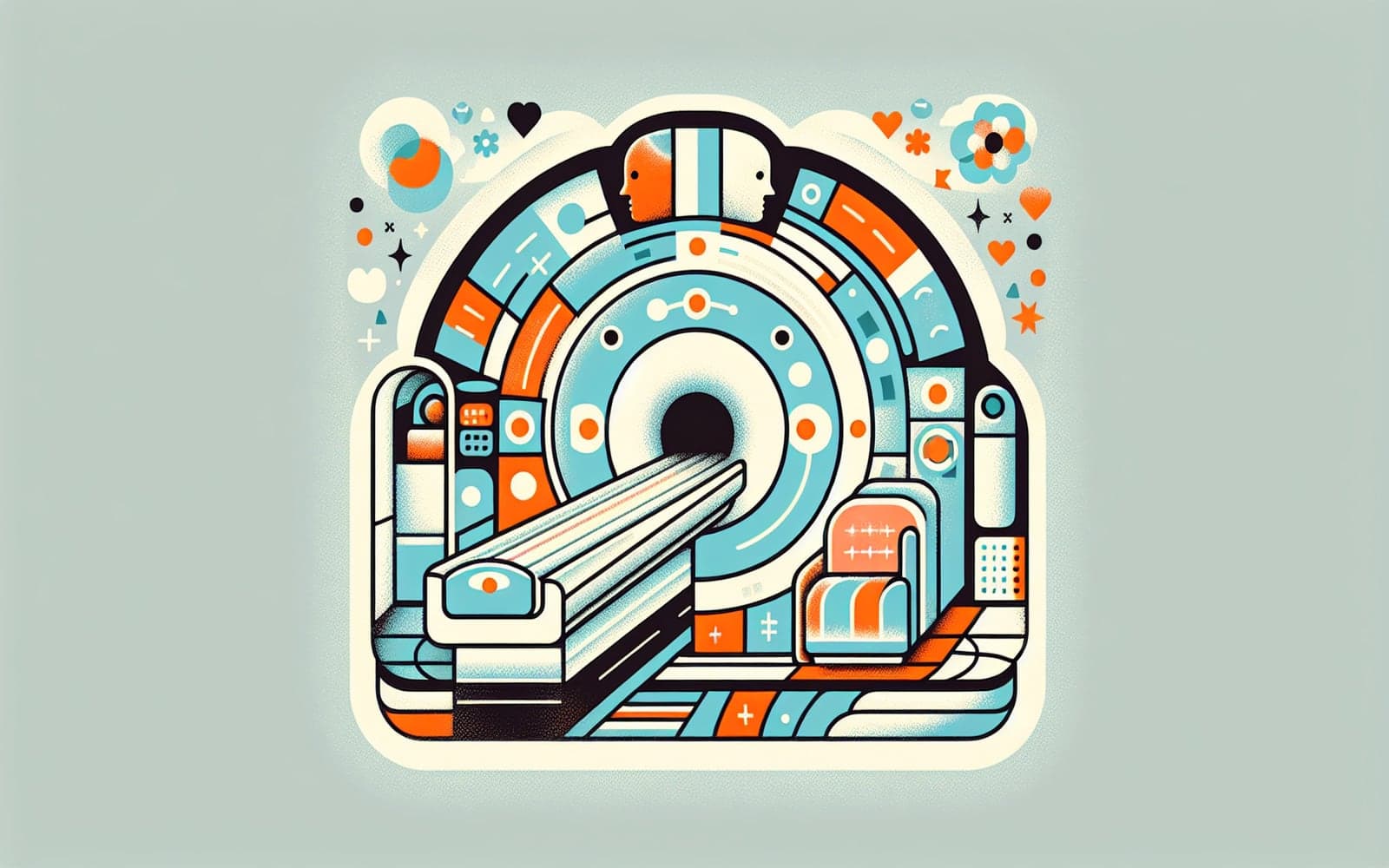MRI or CT Scan: Which Is Best for Stroke Diagnosis?
Published: Oct 17, 2023
When it comes to diagnosing strokes, choosing between an MRI and a CT scan can be crucial. Let’s dive into why one might be better than the other.
Contents
Why MRI is Preferred
MRI, particularly with diffusion-weighted imaging (DWI), is favored for detecting brain infarctions. It is more sensitive than a CT scan, especially for small or recent strokes. This sensitivity can help confirm an ischemic cause of symptoms early on, which is crucial for effective treatment.
When CT Scans Are Used
CT scans are a common alternative when MRI is not available. While less sensitive, they can still help rule out stroke mimics like tumors or hematomas. They are also quicker and more widely accessible in emergency situations.

Combining Technology for Accurate Diagnosis
In some cases, using both MRI and CT scans can provide comprehensive results. This approach can ensure that no small infarction is missed and can aid in differentiating between chronic and acute lesions.
Frequently Asked Questions
Not always; MRI is more sensitive, but CT is faster and more available.
It stands for diffusion-weighted imaging, a type of MRI.
CT scans may miss small or recent strokes but can detect larger ones.
Combining both can provide a thorough assessment and rule out other conditions.
Key Takeaways
The choice between MRI and CT for stroke diagnosis hinges on availability and the need for sensitivity.
Explore your options with Doctronic to determine the best diagnostic test for stroke.Related Articles
References
Kidwell CS, Alger JR, Di Salle F, et al. Stroke 1999; 30:1174.
Bash S, Villablanca JP, Jahan R, et al. AJNR Am J Neuroradiol 2005; 26:1012.
Always discuss health information with your healthcare provider.

